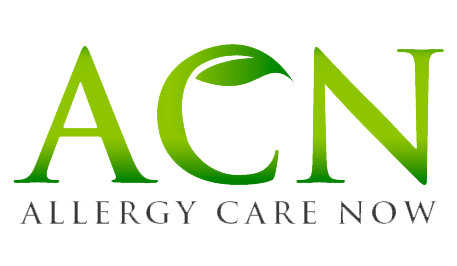Patients’ Frequently Asked Questions
-
- What is allergy skin testing?
Allergy skin testing allows the doctor to see exactly what is causing your allergy symptoms such as stuffy/runny nose, sneezing, itchy/watery eyes, sinus pain and pressure, wheezing and hives. Results can then assist in recommendations to treat your specific allergies and creating treatment protocol. -
- What am I being tested for?
A variety of allergens including; dust mites, tree pollen, grass and weed pollen, mold spores, animal dander and foods are being tested that are specific to the native region.
How is allergy skin testing performed?
There are 2 different techniques that will be used during allergy skin testing, percutaneous or intradermal. Percutaneous (a.k.a scratch test) testing involves a small “scratch” on the skin as a drop of the allergen is applied. Intradermal testing involves injecting a very small drop of allergen under the first layer of skin on your upper arm. Once the testing is applied we know within several minutes exactly what you are allergic to.
Does testing hurt?
Skin testing generally is not painful but can cause some discomfort in certain patients. A tiny, fine tooth comb gently scratches the skin surface. After the test is performed, it takes about 20 minutes to develop. A positive test will appear as a raised, red bump on the skin, similar to a mosquito bite.
How long does the allergy testing take?
The testing takes approximately 35 minutes – 15 minutes to administer and 20 minutes to register the results – so you don’t have to wait long to learn the cause of your allergies.
Who can be tested?
Adults and children over age 2 can be tested. It is not recommended that patients with a history of severe anaphylactic reactions or those who are severe asthmatics be tested. Moderate asthmatics who are unmanaged by medications and pregnant or breast feeding women should also not be tested. For these individuals, a blood test is safer.
Is there anything I have to do to prepare for my testing appointment?
Yes, ALL antihistamines are to be avoided for 5 days prior to your appointment. Please inform the nurse of any medications you are taking when you make your appointment. You will be advised if there are any other medications to avoid before your appointment.
How soon will I get the results of my allergy test?
Results of what you are allergic to will be provided the day of testing
What’s happens after my testing is completed and results are received?
A patient specific treatment plan based on your test results will be developed to help control your allergy symptoms. Your physician may include; environmental control measures that you can do to decrease your exposure, medications to control daily symptoms and immunotherapy (allergy shots) to desensitize you to the things you are allergic to.
What is immunotherapy?
Allergen immunotherapy is a form of preventative treatment aimed at decreasing your sensitivity to substances called allergens. Immunotherapy involves introducing increasing amounts of an allergen to a patient over several months.
How long will I have to be on Immunotherapy?
Results vary from patient to patient. Full results may be as little as 9 months and as much as 3 to 5 years.
How soon will I see results from Immunotherapy?
Every patient is different, but most begin to experience symptom relief within the first 60 days of the program.
Are the results permanent?
In most cases, once the desired level of relief has been reached the results are permanent and very few patients need ongoing maintenance. In other cases a maintenance dose is recommneded by the physician.
Is this test covered by insurance?
Allergy testing is covered by most insurance carriers. Pre-authorization of allergy testing benefits and coverage are verified prior to your appointment and staff will go over your specific plan benefits.
-


